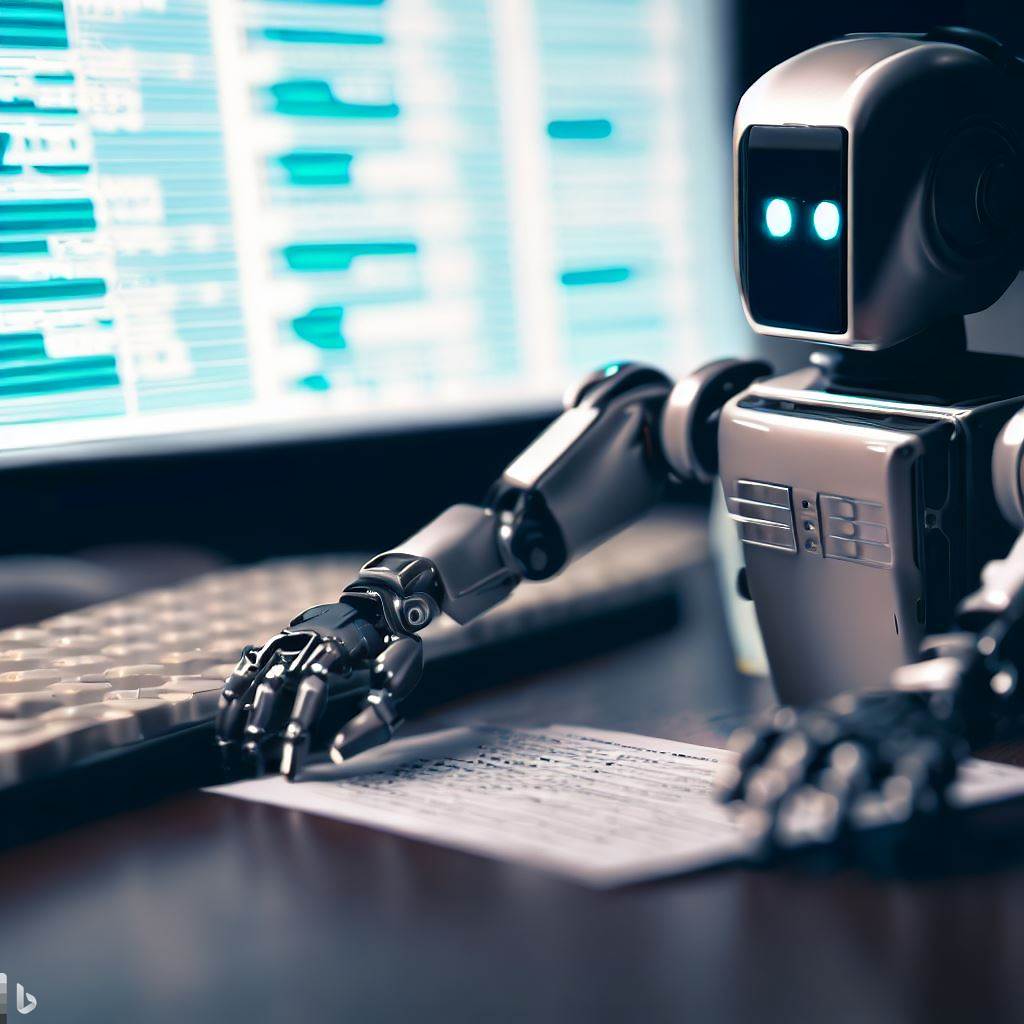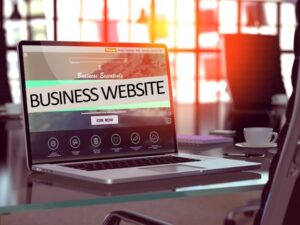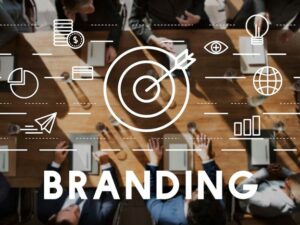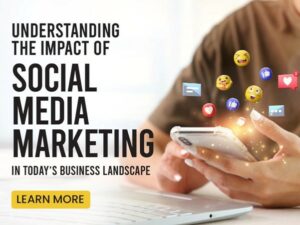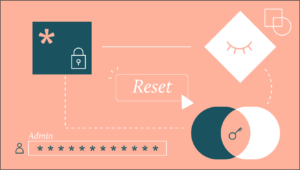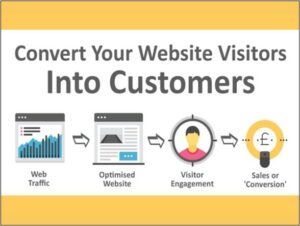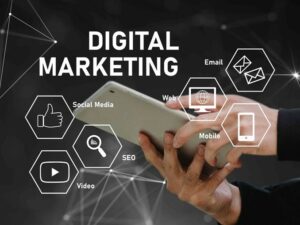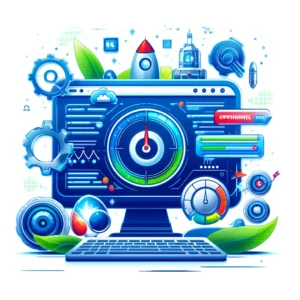The rise of artificial intelligence (AI) is one of the most significant trends shaping the future of work. AI is already being used to automate tasks in a wide range of industries, from manufacturing to customer service. As AI continues to develop, it is likely to have an even greater impact on the workplace.
For many workers, the prospect of AI-driven automation can be a source of anxiety. They worry that their jobs will be replaced by machines and that they will be left behind in the workforce. However, AI does not have to be a threat to jobs. In fact, it can be an opportunity for workers to upskill and develop new skills that are in demand.
Sarah is a marketing professional who successfully navigated the challenges posed by AI. She started her career in a traditional advertising agency, where she specialized in crafting compelling ad campaigns and developing creative strategies. However, the rise of generative AI began to automate tasks like content creation and ad optimization. Sarah realized that she needed to adapt to remain relevant in the rapidly changing industry.
Here are some of the steps that Sarah took to adapt to the AI disruption:
- She identified the threat. Sarah recognized the potential disruption AI posed to her field and took proactive steps to understand its implications. She studied industry reports, attended conferences, and engaged in discussions with experts to gain insights into the advancements in generative AI. This enabled her to identify the specific tasks and areas within her role that were most vulnerable to automation.
- She upskilled. Armed with the knowledge about AI’s impact on advertising, Sarah embarked on a journey of upskilling. She enrolled in online courses on data analysis, machine learning, and AI-driven marketing strategies. These courses helped her acquire the technical skills necessary to collaborate effectively with AI systems and leverage their capabilities to enhance her work.
- She embraced human-AI collaboration. Sarah realized that instead of viewing AI as a competitor, she could leverage its power to augment her abilities. She focused on nurturing a collaborative approach, where AI algorithms and her creative expertise worked in tandem. By understanding the capabilities and limitations of AI, Sarah identified ways to utilize its automation features for routine tasks, allowing her to dedicate more time to strategic planning, campaign ideation, and client engagement.
- She identified new opportunities. Sarah also recognized the emergence of new opportunities in the AI-driven landscape. She identified niche areas within the industry that were underserved by AI automation, such as crafting unique brand narratives and developing innovative experiential marketing campaigns. By positioning herself as an expert in these specialized areas, she differentiated herself from AI-driven competitors and secured valuable projects that required a human touch.
- She took an entrepreneurial leap. Building on her newfound knowledge and expertise, Sarah took an entrepreneurial leap. She founded a consultancy that specialized in AI-driven marketing strategies. Sarah’s consultancy provided services to businesses seeking to integrate AI technologies while maintaining a human-centered approach. Her deep understanding of both AI and the creative aspects of marketing gave her a competitive edge, attracting clients who valued the balance between automation and human creativity.
Sarah’s case study exemplifies how an individual can successfully navigate the challenges brought by the disruption of AI in the workplace. By embracing a proactive approach, identifying potential threats, upskilling, and adapting to new opportunities, she not only secured her place in the evolving industry but also transformed the challenges posed by AI into opportunities for growth and entrepreneurship. Sarah’s journey demonstrates that with the right mindset, continuous learning, and strategic positioning, individuals can not only survive but thrive in the future of work, even in industries facing significant AI disruption.
Conclusion
The rise of AI is a major challenge for the workforce, but it also presents a number of opportunities. By embracing AI, workers can upskill, develop new skills, and find new ways to add value to the workplace. The key is to be proactive, to be open to change, and to be willing to adapt.

